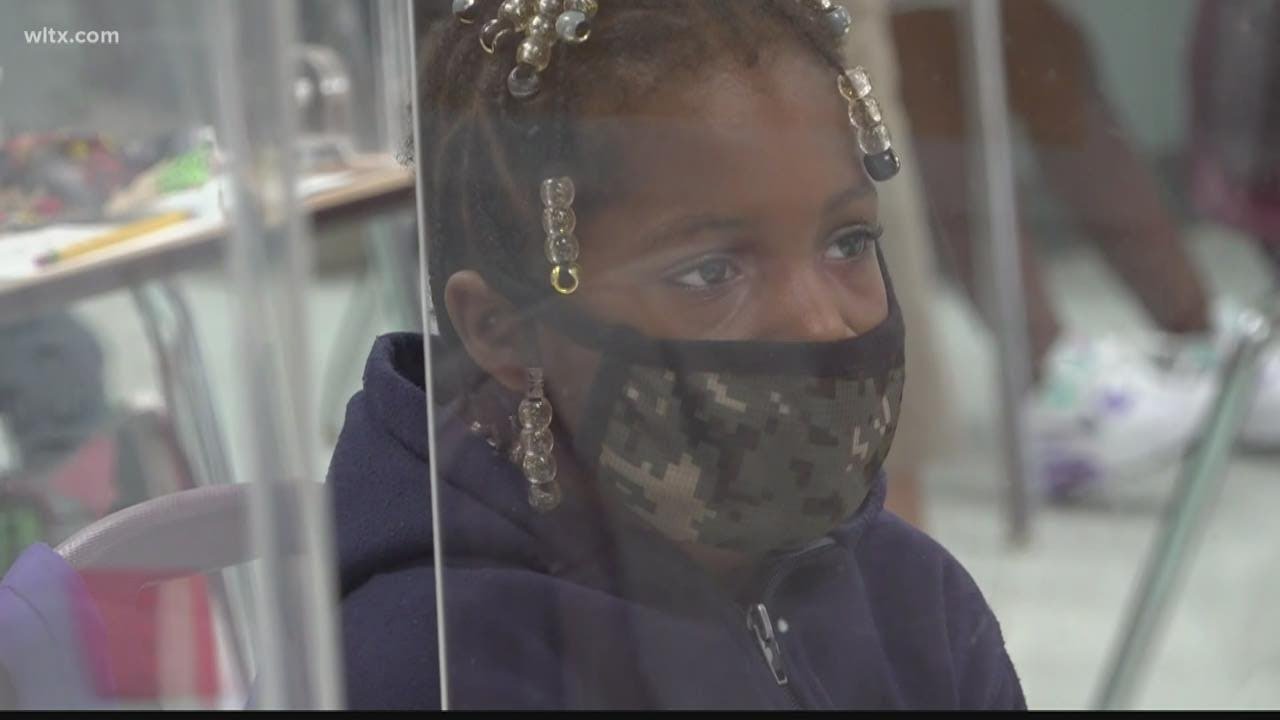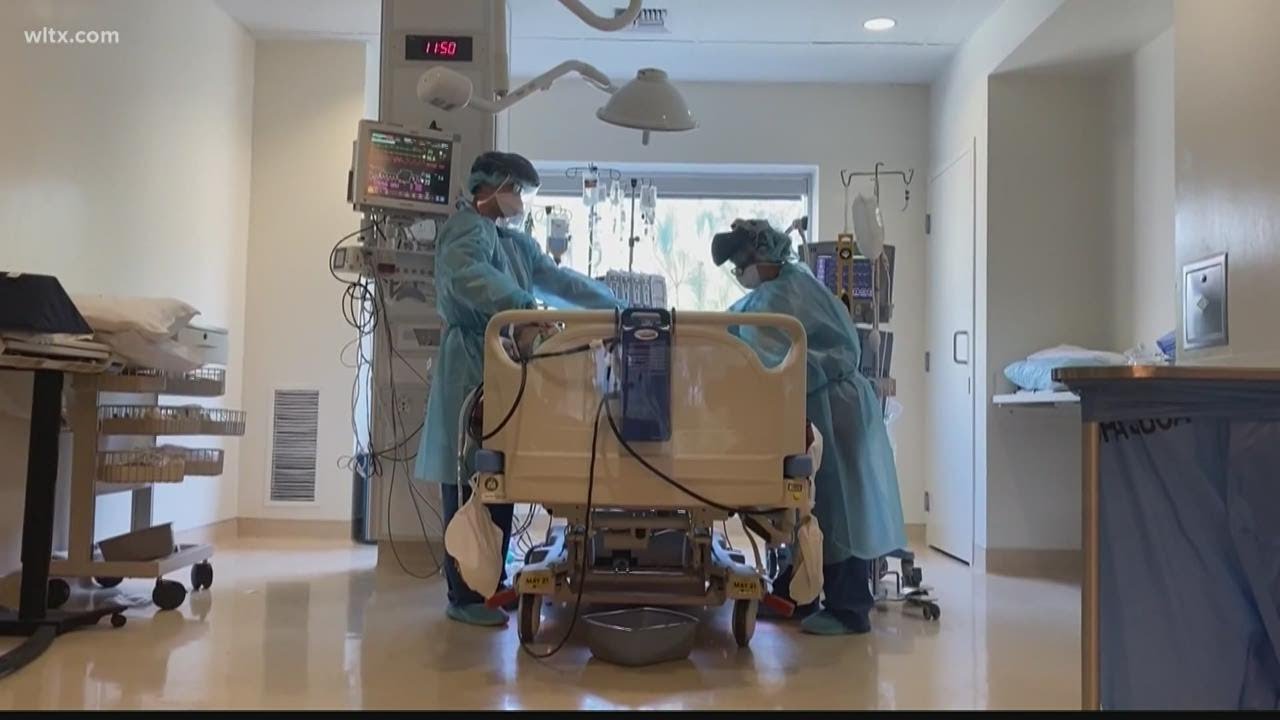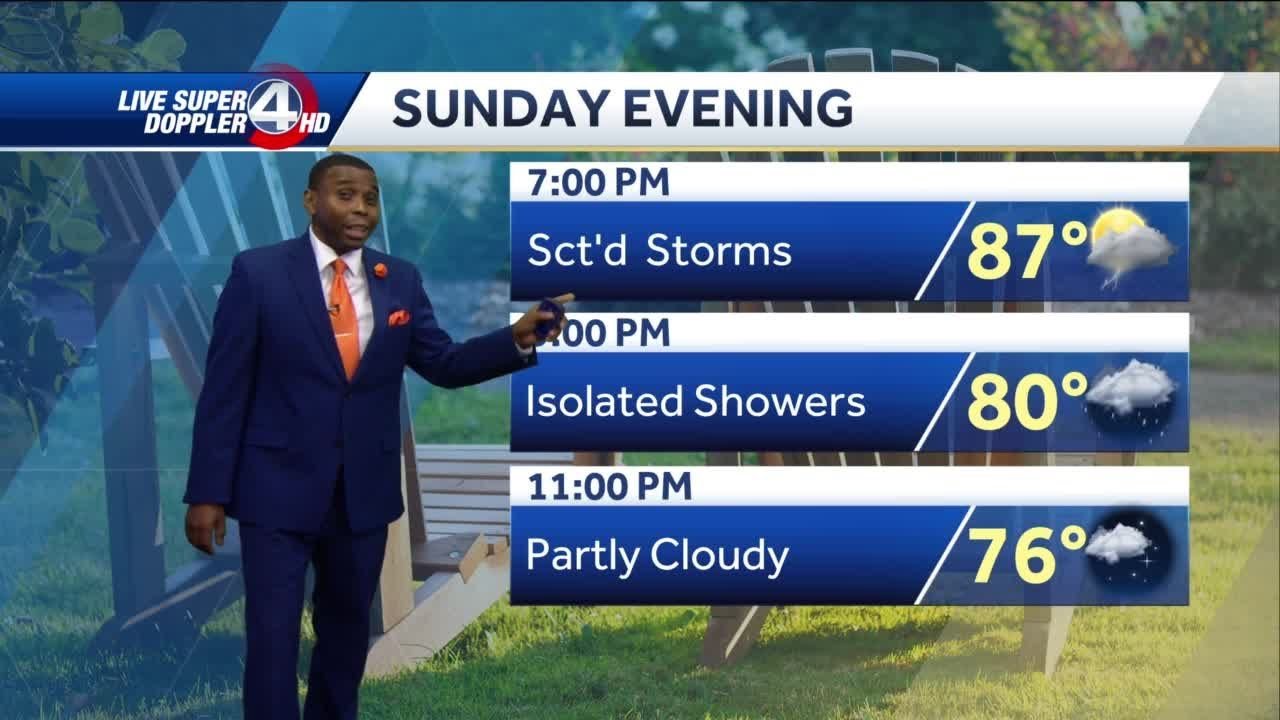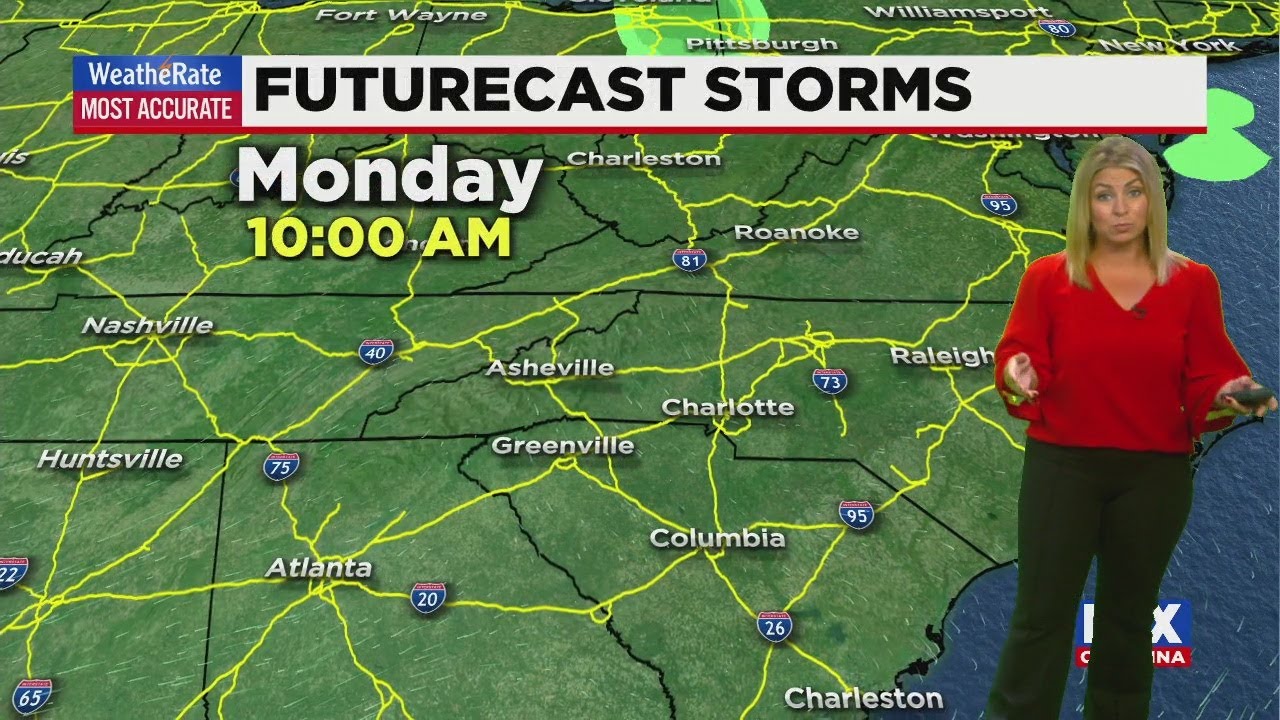
When All Mirrors was released in 2019, Angel Olsen had a different, earlier version of the record initially set to drop at the same time. Before bringing on a 12-piece string section and a host of other studio flourishes, she spent 10 days recording in The Unknown—an old Catholic-church-turned-recording-studio situated in Anacortes on the coast of Washington. Those sessions, which resulted in nine early versions of tracks that later appeared on All Mirrors plus two other original songs, are finally here in the form of Whole New Mess.
Aside from those two new tracks, it’s worth wondering whether this album is just a glorified collection of demos. While the songs here share the same underlying structure as their later versions on All Mirrors, not only is the instrumentation completely overhauled—with All Mirrors’ lush string sections and electronic drum kits paired down to basically a guitar, mic and a few hints of organ—the mood of the tracks and the album as a whole come across subtly but significantly different. Both records are without a doubt on the sadder end of the feelings spectrum, but where All Mirrors presented Olsen at her most enigmatic, wrapped up in a sort of cosmic mix of sorrow and rage rising above layers of ornate production, Whole New Mess stands on its own in presenting something raw, vulnerable and haunting.
All Mirrors was an aesthetically bold step for Olsen, but it was also her at her most guarded. The distilled melancholia in older songs like “Heart Shaped Face” or freewheeling anger on “Stars” didn’t break through as much from under the album’s meticulous arrangements. It was still an emotionally intense album, but its elaborateness at times came across as something more to be admired than felt. On Whole New Mess, the rawness at the heart of these songs takes center stage, nowhere more distinctly than on its penultimate track “Chance (Forever Love).” The difference between these two versions capture the distance between the two albums. The original sounded personal but distant, with its baroque pop giving Olsen a lavish backdrop to collapse into with her sorrows. The version on Whole New Mess, however, sounds as intimate as an argument between two people in a room, with its nerves unpolished and exposed until it ends not with a crescendo of strings, but Olsen humming to herself alone.
In terms of production, Whole New Mess sounds most similar to Olsen’s debut EP from back in 2011, Strange Cacti, with a warm lo-fi fuzz coating the music. Her singing and songwriting, though, has of course changed in the near decade since that release. Olsen’s powerful, brassy delivery has always been one of the qualities that set her apart from the rest of the pack, but between tracks like “(We Are All Mirrors),” “Lark Song” and “Impasse (Workin’ For The Name),” she’s outright bellowing the sort of dramatic force that seems only a few steps away from an opera stage. The stripped-down instrumentation brings more attention to the impressiveness of Olsen’s vocal performance, but they can feel clashing in their sense of scale, like Olsen’s expressing herself with all the force she can muster and the music surrounding her is struggling to keep up.
The two new songs on the album, “Whole New Mess” and “Waving, Smiling,” are standouts, showcasing more understated performances from Olsen that fit easier within the album’s spartan arrangements. Both are devastating tracks, with “Whole New Mess” offering a snapshot of someone reaching their lowest point, waiting only to bounce back from the bottom to start all over again. “Waving, Smiling,” meanwhile, hints a bit more directly at the breakup that supposedly fueled much of the writing for this album, capturing the tension of putting on a smile while the sun is shining and your heart just happens to be breaking in two.
While those tracks thrive in the album’s sparseness, some of the other more stripped-back tunes like “(Summer Song)” and “(New Love) Cassette” don’t land with quite the same emotional punch, with the bare-bones instrumentation at its most demo-like in those moments rather than channeling a purposeful aesthetic.
While Whole New Mess may not be the same grand statement as All Mirrors, it also isn’t trying to be. Even when playing the same songs, Olsen’s performance alone leans into different emotional textures than the music she plays with her full band, and though this may not be the finest example of her solo work, it remains a distinct testament to the stylistic range of one of today’s most compelling singer/songwriters.
Jack Meyer is an editorial intern at Paste and student in New York. He enjoys literature, philosophy, music, and low earnings potential out of college.











